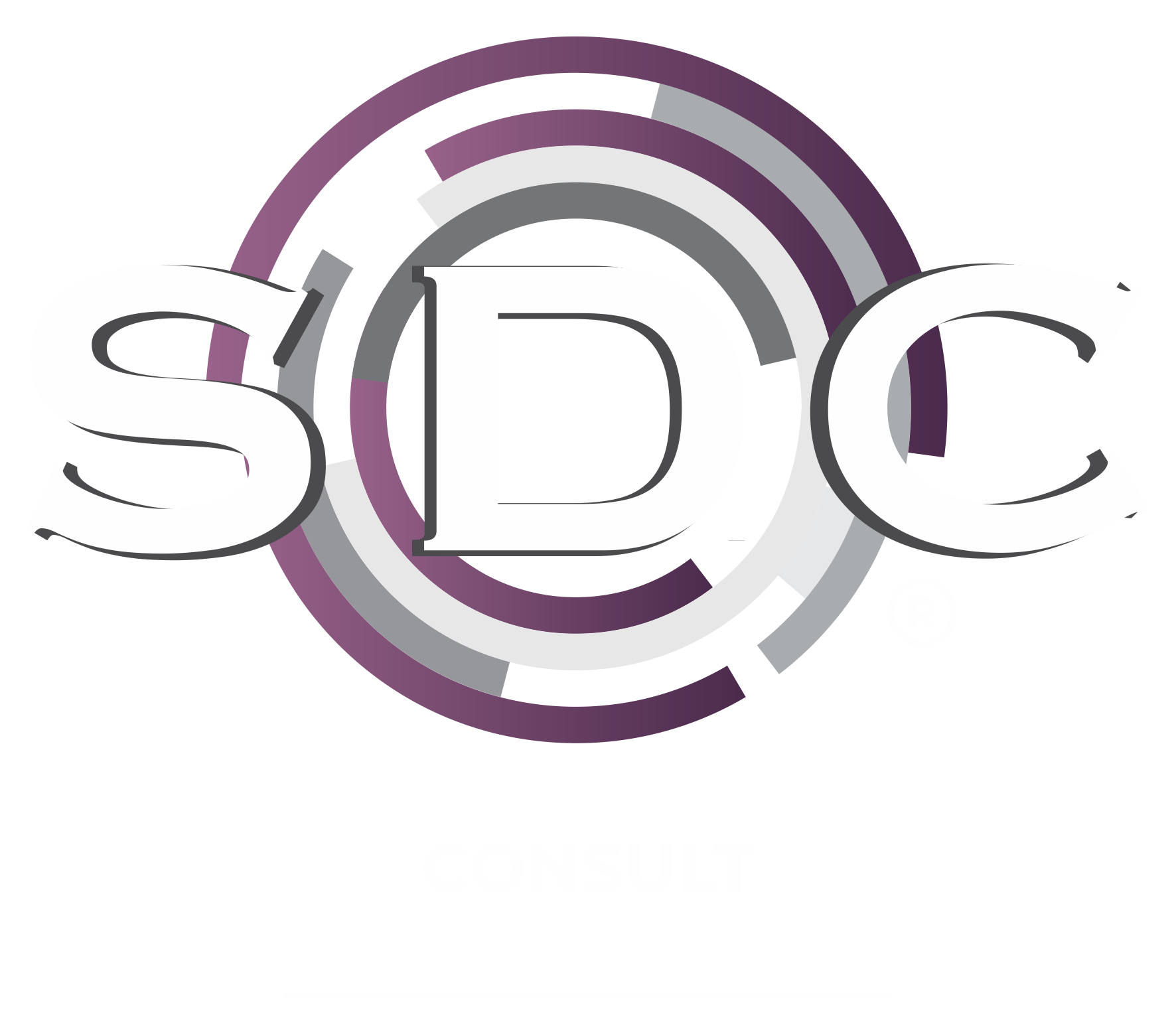
-
SDC Consult > Blog > coida > Emergency Response Planning: Ensuring COIDA Compliance in Crisis Situations
Blog Details
Emergency Response Planning: Ensuring COIDA Compliance in Crisis Situations

In the workplace, emergencies and accidents can occur unexpectedly, putting employees at risk and disrupting business operations. In South Africa, the Compensation for Occupational Injuries and Diseases Act (COIDA) mandates that businesses protect their employees and provide compensation for injuries or diseases contracted in the course of their work. An Injury on Duty or Occupational Disease (IOD/OD) refers to an unexpected incident that occurs at a specific date, time, and place during the course of an employee’s work, resulting in personal injury, death, or contracting an occupational disease due to exposure at the workplace. This article explores how to integrate COIDA compliance into your emergency response planning, with a focus on ensuring that your business is prepared for crises and that employees are protected.
Understanding COIDA:
- COIDA is designed to provide compensation for employees who are injured or fall ill due to their work. Compliance with COIDA involves more than just reacting to incidents; it requires proactive measures, including proper emergency response planning, to prevent accidents and ensure that, when they do occur, they are managed effectively and in accordance with the law.
Why Emergency Response Planning is Essential:
Emergency response planning is critical in minimizing harm and ensuring a coordinated and efficient response during crises. A well-structured plan ensures that all employees know what steps to take in an emergency, helping to reduce confusion and ensure that COIDA compliance is maintained.
Key Elements of COIDA-Compliant Emergency Response Plans:
- Risk Assessment and Hazard Identification:
- Conduct thorough risk assessments to identify potential workplace hazards.
- Integrate these findings into your emergency response plan, outlining specific measures to address each risk.
- Employee Training and Awareness:
- Regularly train employees on emergency procedures, including evacuation routes, first aid, and the use of emergency equipment.
- Educate employees about their rights under COIDA and the procedures they must follow if they are injured on duty.
- Clear Communication Channels:
- Establish clear communication channels for reporting incidents and coordinating emergency responses.
- Ensure that employees know how to quickly and effectively communicate during a crisis.
- First Aid and Medical Preparedness:
- Equip the workplace with adequate first aid supplies and ensure that trained personnel are available to administer first aid.
- Have a plan in place for quickly transporting injured employees to medical facilities, as required under COIDA.
- Record Keeping and Reporting:
- Maintain accurate records of all incidents, including near misses, injuries, and responses.
- Ensure that all incidents are reported to the Compensation Commissioner as required by COIDA and that employees are informed of their rights to claim compensation.
Standard Operating Procedure (SOP) for Injury on Duty (IOD) Procedures:
- SCD Consult assist clients in developing a customized SOP to guide businesses in managing Injury on Duty (IOD) incidents, ensuring compliance with COIDA. Below is an outline of a typical SOP, which will be tailored to meet the unique needs of each client:
Steps to Follow When Claiming an IOD at the Compensation Fund (CF)/RMA/FEM:
Step 1: Pre-Hospital Checklist:
- 1. Intoxication Check: Verify whether the injured individual is intoxicated using a breathalyzer before proceeding to the hospital. Note that if the individual is intoxicated, the Compensation Fund will not cover the claim.
- 2. Emergency Contact Information: If the injury is severe, immediately contact the following emergency numbers to dispatch an ambulance:
- COID Consult Office: 087 288 4249
- Lauren Overton: 079 498 7865
- For regional assistance, contact Emer-G-Med:
- 24/7 Call Centre: 086 100 7911
- Service Areas:
- Gauteng: JHB North, Pretoria EAST & Centurion, Eastrand Boksburg & Edenvale
- Free State: Harrismith
- Northern Cape: Kimberley & Kathu
- Mpumalanga: Nelspruit
- Western Cape: Immediate Medical – 087 057 5900
Important Information to Provide to Emergency Services:
- Contact number
- Alternative contact number with the patient
- Scene address (Company Name, Company Address, Location of Patient)
- Brief description of the injury or illness
Step 2: Required Documents for Hospital Admission:
- Completed WCI 2 Form.
- Company’s Compensation Fund (CF) Number
- Letter of Good Standing.
- Injured Employee’s ID.
- Previous/Current Month’s Payslip.
Step 3: Information Submission to SCD Consult:
- Completed WCI 2 Form.
- Certified Copy of the Injured Employee’s ID.
- Previous/Current Month’s Payslip.
- First Medical Report.
- Delayed Report: If the above-listed documents are not submitted within 5 days of the incident, a delayed report is required.
This SOP is a general guideline and must be printed and displayed prominently where it is visible to all managers. Ensuring visibility will help facilitate the prompt and correct handling of any IOD incidents. For a customized SOP that suits your specific business needs, SCD Consult will work closely with you to ensure full COIDA compliance. Your immediate attention to these procedures ensures that all claims are processed efficiently and without delay.
By incorporating COIDA compliance into your emergency response planning and adhering to a tailored SOP, your business can ensure that it is fully prepared to handle workplace emergencies. This preparation not only minimizes the impact of crises but also ensures that employees receive the protection and compensation they are entitled to under COIDA.
Short Courses
- Basic Conditions of Employment
- Fire Fighting
- Computers In The Workplace
- Customer Service
- Decision Making and Resource Management
- Emotional Intelligence
- Employment Equity
- Basic Excel
- Perform Basic Life Support & First Aid Procedures
- HIV and AIDS Awareness
- Human Resource Management
- Junior Management
- Leadership and Mentoring
- Marketing 101
- Occupational Health and Safety
- The Personal Assistant




Recent Comments